with the Chohan, and mirabile dictu! — with both the sahibs, "the young men by the name of" — Scott and Banon. To amuse you I will ask H.P.B.to send you with this a page of the "Banon papyrus", an article of his that he winds up with a severe literary thrashing of my humble self. Shadows of the Asuras, in what a passion she flew upon reading this rather disrespectful criticism! I am sorry she does not print it, upon considerations of "family honour" as the "Disinherited" expressed it. As to the Chohan, the matter is more serious; and, he was far from satisfied that I should have allowed Eglinton to believe it was myself. He had permitted this proof of the power in living man to be given to the Spiritualists through a medium of theirs, but had left the programme and its details to ourselves; hence his displeasure at some trifling consequences. I tell you, my dear friend, that I am far less free to do as I like than you are in the matter of the Pioneer. None of us but the highest Chutuktus are their full masters. But I digress.
And now that you have been told much and had explained a good deal, you may as well read this letter to our irrepressible friend — Mrs. Gordon. The reasons given may throw some cold water on her Spiritualistic zeal, though I have my reasons to doubt it. Anyhow it may show her that it is not against true Spiritualism that we set ourselves, but only against indiscriminate mediumship and — physical manifestations, —

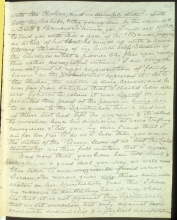
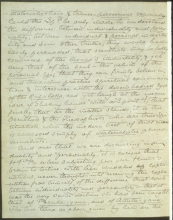

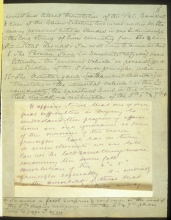
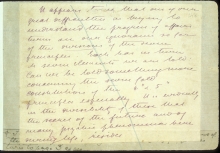

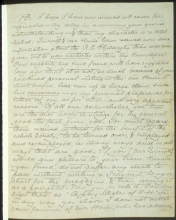

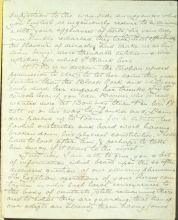

Mirabile dictu is from the Latin, meaning "wonderful to say" or "miraculously".
Sahib means "friend" in Arabic and was commonly used in the Indian Sub-continent as a courteous term in the way that "Mr." and "Mrs." are used in the English language.